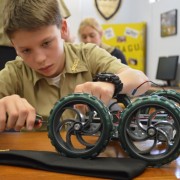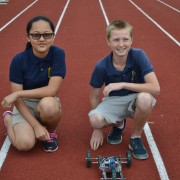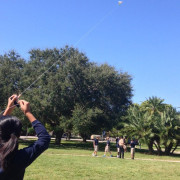The Importance of STEM Education
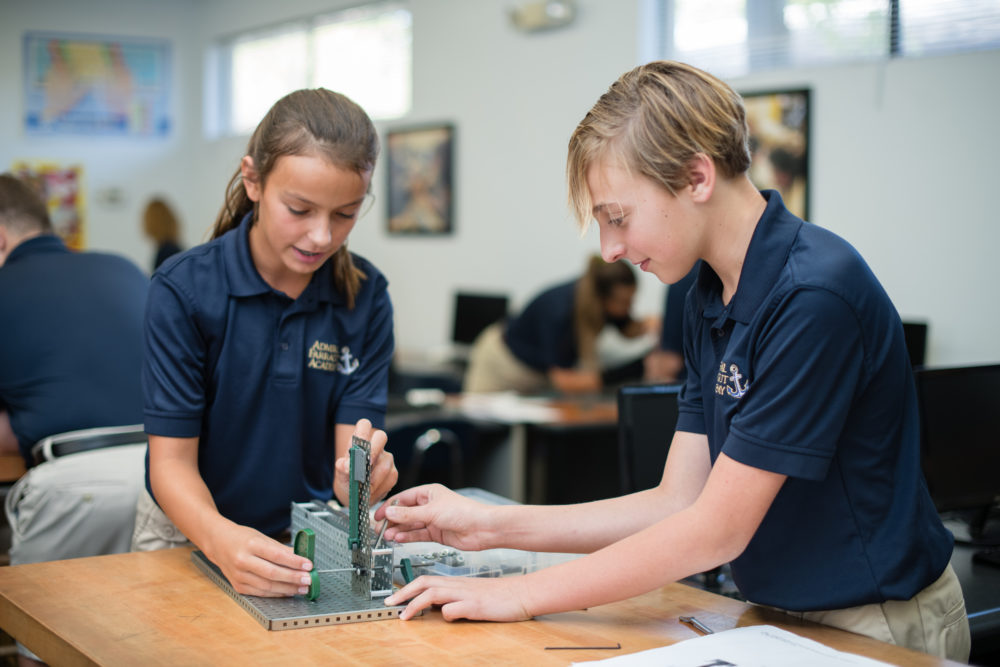
Science, Technology, Engineering, and Math (STEM) are foundational to any formal education. The skills learned in a STEM classroom can be applied to every part of life, be it academic or otherwise.
At Admiral Farragut Academy, where engineering is a signature program, students from Kindergarten through 12th grade have the opportunity to learn valuable skills and find passions in areas that they may not have known existed — and that may not exist for years.
Results, Ownership, and the Importance of Failing
Part of the great mess of learning is making mistakes, and that’s something that applies even outside a STEM lab.
“You need to learn how to fail, recognize it, and move on,” said Carolyn VanArsdale, Farraut’s Upper School engineering teacher.
“In engineering, that’s what we literally do every day by using materials like tools, machines, computer programs, and software to figure out the problem. It’s that perseverance that helps students really learn in STEM.” Another important part of engineering is critiquing your work and learning to accept criticism from others. It’s not necessarily about whether your project succeeded or failed; It’s about taking feedback, deciding whether you liked it, whether it worked, and why.
“Engineering reaches the students who don’t feel they’re good at math or language arts, but when they apply it to something, they realize that they can do it,” said Shannon LoRusso, Farragut’s Lower School engineering teacher.
“If you don’t get it right, it’s okay; just try it again. It’s not like a math problem where there’s only one way to solve the problem.”
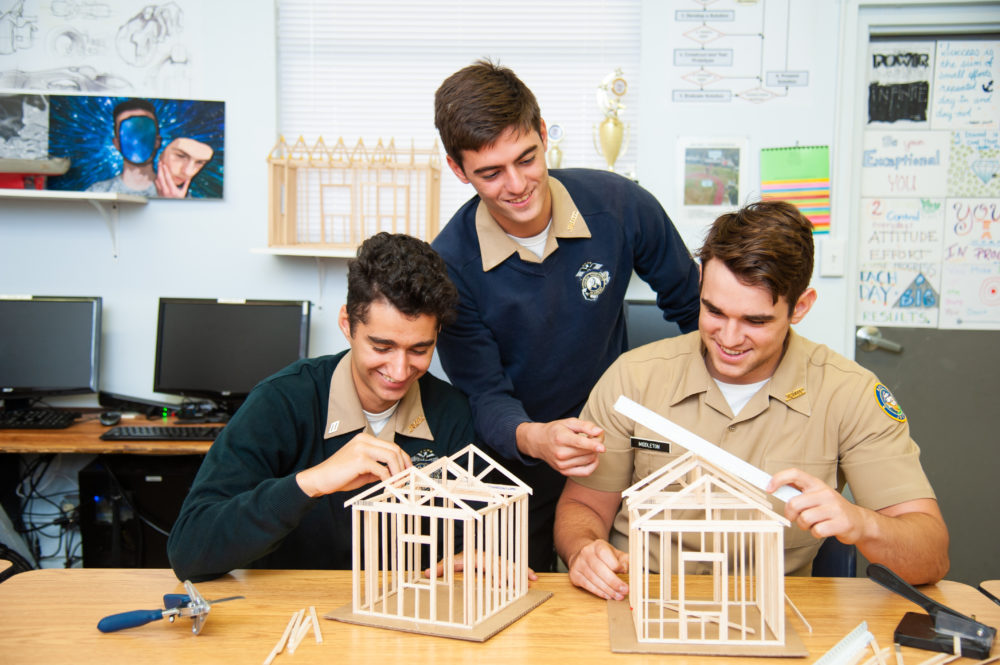
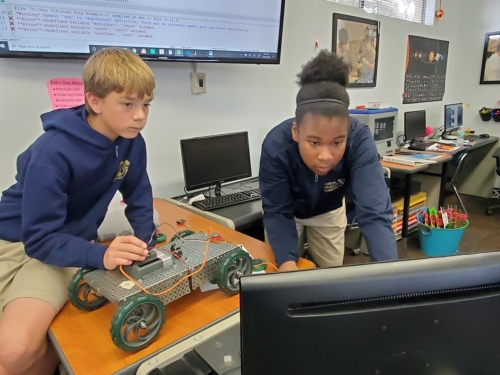 Engineering in the Classroom
Engineering in the Classroom
In Lower School, students learn coding as young as kindergarten and advance over time to VEX robotics in 7th grade. They also can participate in the Lego Robotics club.
In Upper School, students can take Introduction to Engineering Design, Principles of Engineering, and Advanced Engineering. Students have built many practical things for the campus, including tables for the engineering room and an outdoor aquaponics system that is used by the biology classes. The Drone Club also offers out-of-class hands-on experience.
“Farragut definitely values STEM,” VanArsdale said. “It’s a driving force for students coming here. They see a lot of the hands-on opportunities and how we’re applying all that in our classrooms.”
Job Opportunities in Engineering
Research shows that a shortage of tech talent is on the horizon — presenting some very competitive opportunities for students.
As Farragut alumnus and moonwalking astronaut, Charlie Duke ‘53S said: “Keep in mind when I graduated from Farragut people did not know what an astronaut was, it was not something you prepared for.”
Knowing that today’s students, like Duke before them, may be part of something still unknown, Farragut is committed to offering an incredible variety of project-based experiences: in mechanical, civil, energy, architecture, structure, material science, aerospace, marine, and so many more.
“These students are 13-, 14-, and 15-year-olds trying to figure out what they want to do the rest of their lives, and they just don’t know,” VanArsdale said.
“The more variety of experiences we can give them, the more that they can then decide what it is that they really love doing, what they’re passionate about, and then transfer that into their careers for life.”

